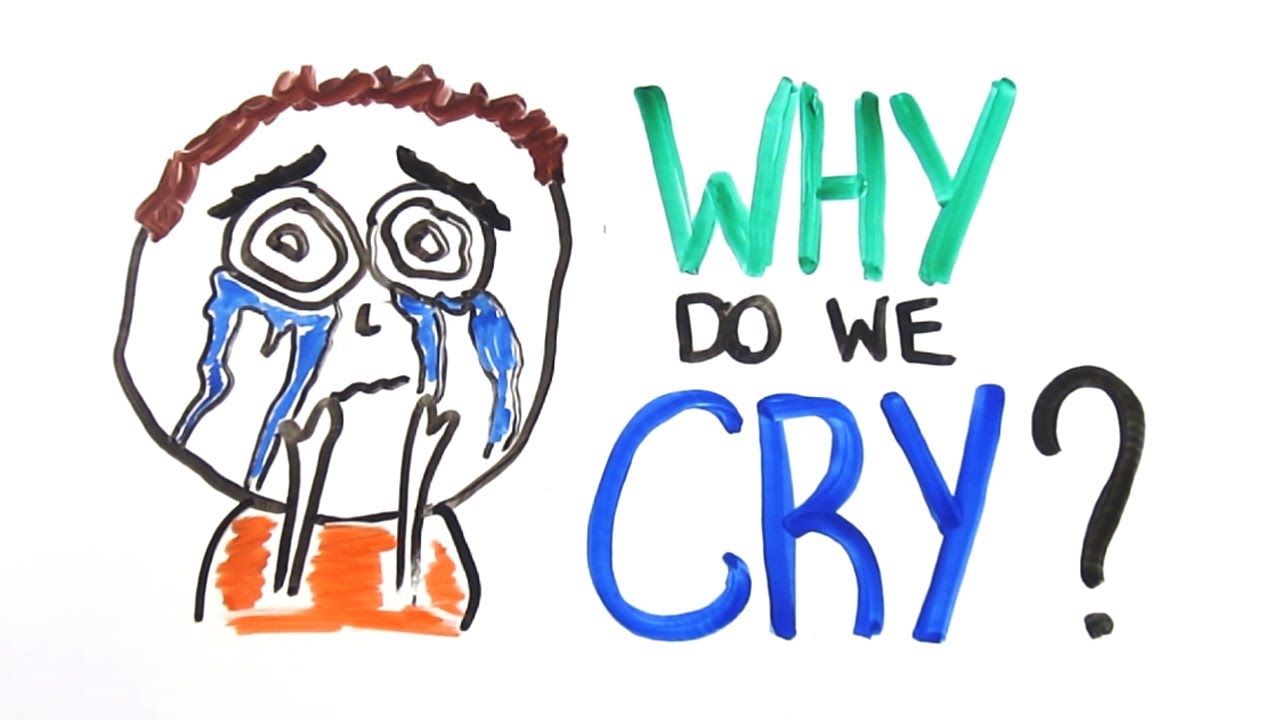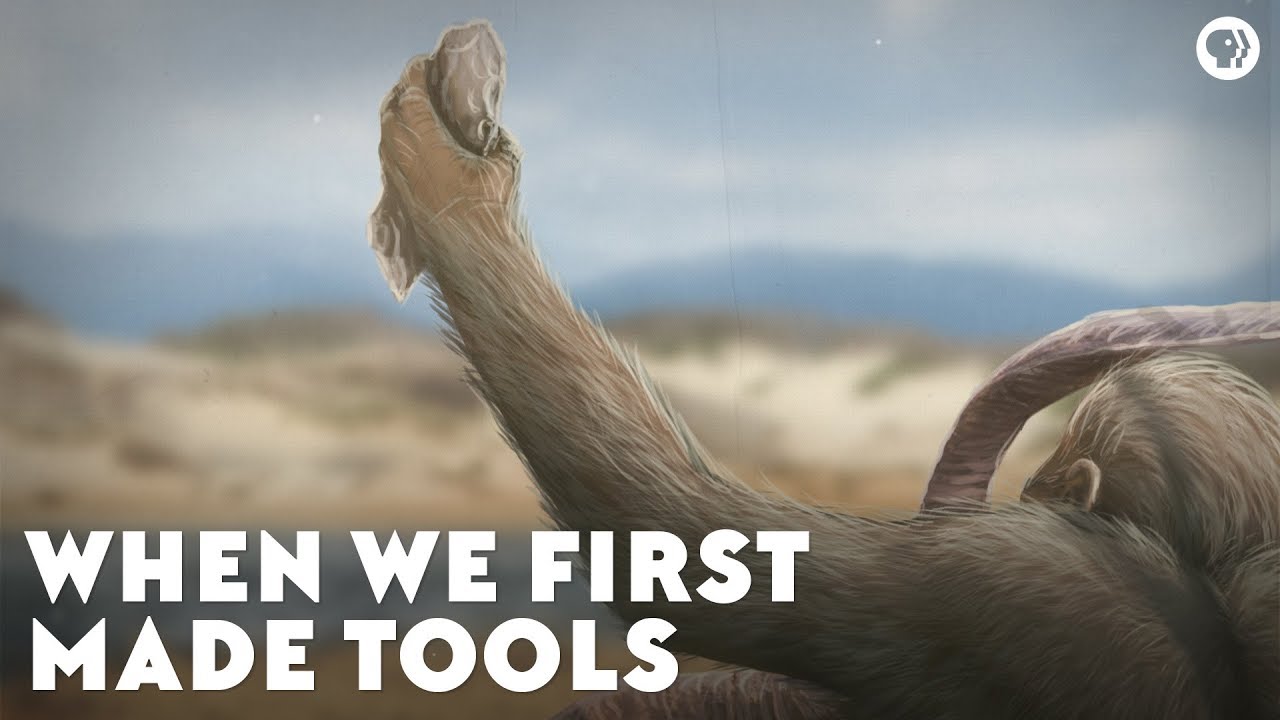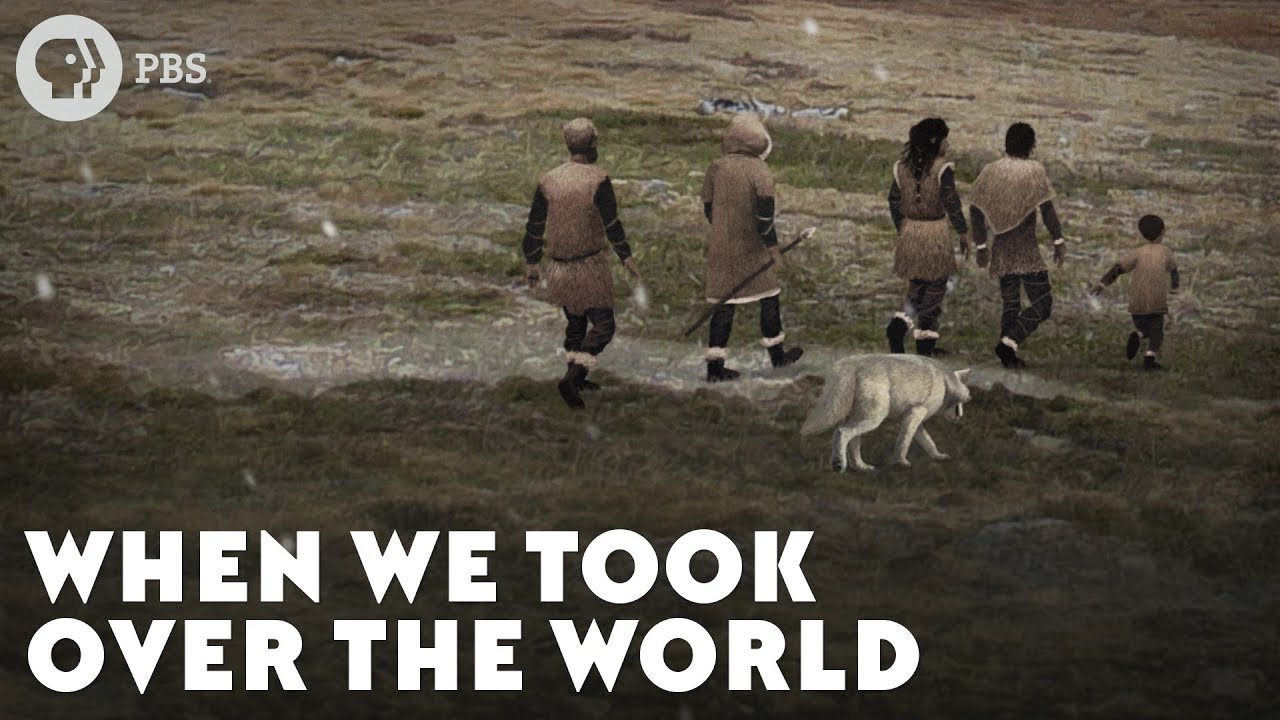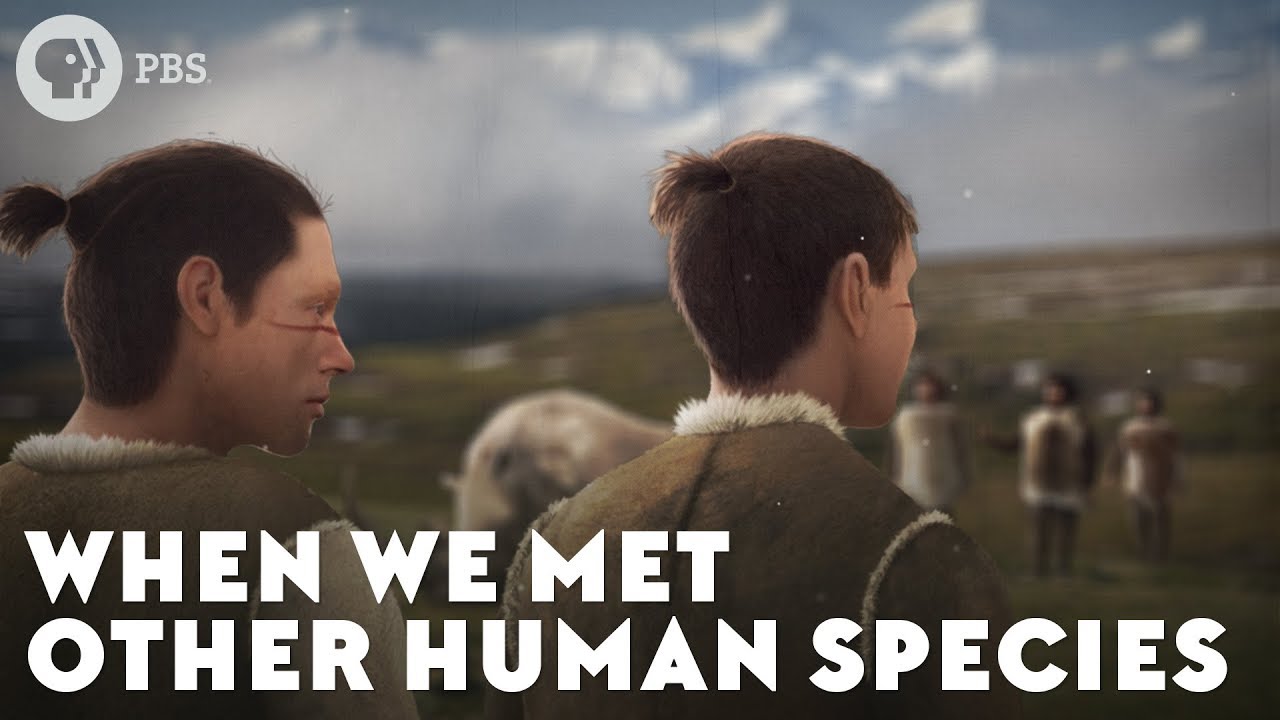Why Do We Cry?
Why Do Humans Cry? Humans are unique in their ability to cry emotional tears. Unlike other animals, we cry not just because of physical pain but also due to feelings of sadness, joy, frustration, and even empathy. Scientists believe that crying evolved as a non-verbal form of communication. In situations where words might fail, tears […]










